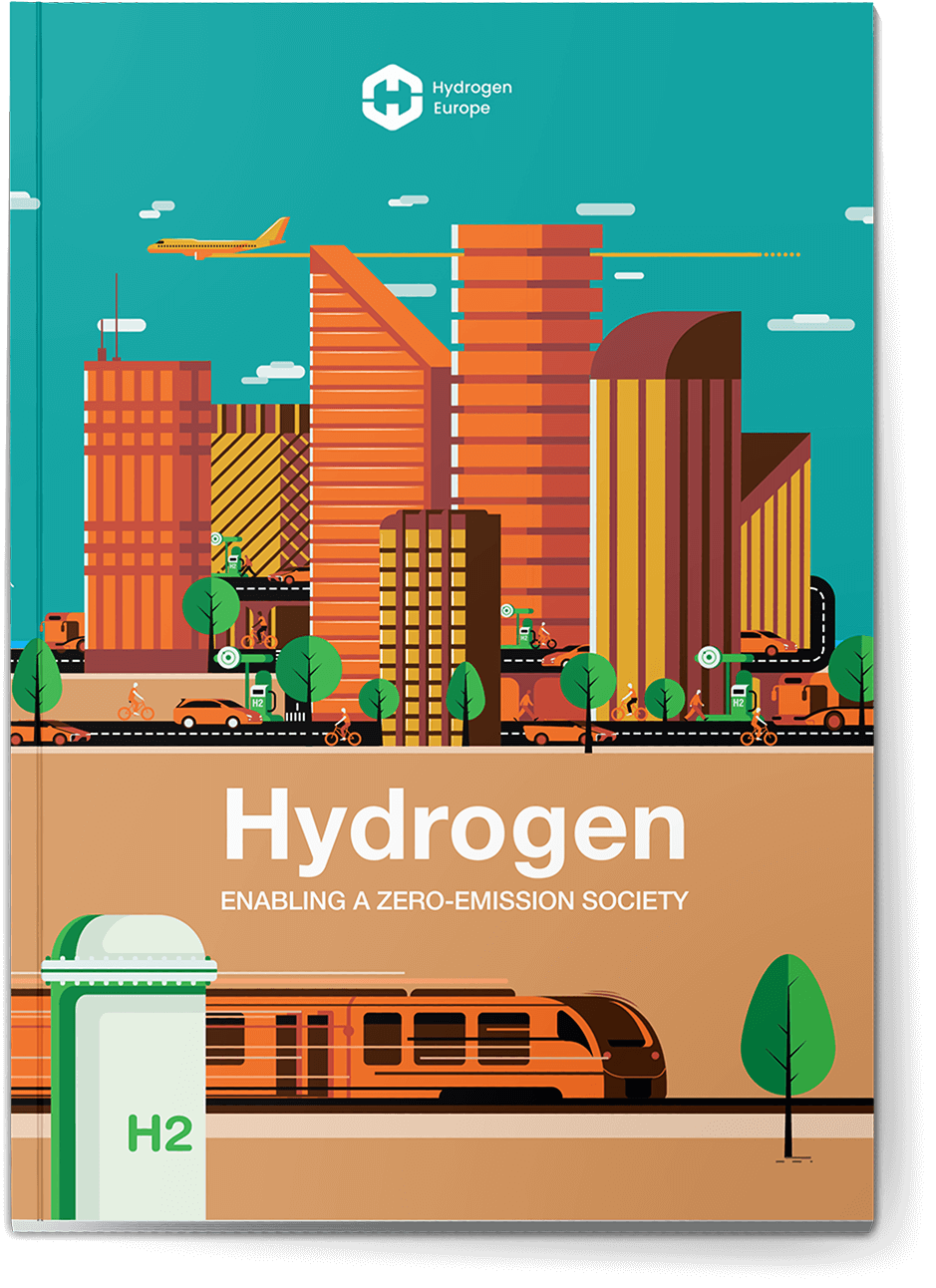Hydrogen is an essential component of the new, climate-neutral economy.
Hydrogen can help take us to zero emissions.

Frans Timmermans
Vice-President of the European Commission
COP27 takes place against the backdrop of a truly global energy crisis sparked by Russia’s brutal and unjustified invasion of Ukraine. Across Europe, millions of people struggle because of excessively high gas and coal prices, and across the world, millions more who only recently gained access to electricity, risk losing the ability to afford it at all. While this energy crisis affects us all very deeply, we know we cannot solve it at the expense of our fight against the climate crisis. It is still possible to avoid the worst repercussions of climate change if we steer the world economy in the right direction now.
Hydrogen is an essential component of the new, climate-neutral economy. In the current circumstances, investments in renewable hydrogen can also strengthen energy security and ensure industrial competitiveness. Over the past two decades Europe has successfully demonstrated that renewable power generation can be deployed at a large scale if it is supported by a stable and ambitious policy framework. To develop the global hydrogen sector, we want to replicate the success story of renewables, and at a much quicker pace.
Europe’s strategy to become independent from Russian fossil fuels – REPowerEU – means an accelerated exit from fossil fuels. REPowerEU boosts the deployment of renewables and ensures a faster roll out of renewable hydrogen, backed by more energy efficiency, massive energy savings and diversification of gas supplies. By 2030, we want to produce 45% of our energy from renewable sources and use 20 million tonnes of renewable hydrogen, coming from both European production and overseas imports.
Across the world, the page on fossil fuels was already turning. Recent events and the consequences of Russia’s war against Ukraine are only accelerating this transition.
While cheap fossil fuels will not return, we must act now to avoid getting tied down between expensive fossil fuels and the future promise of affordable green energy. We must all take this jump together to make sure that our citizens and businesses have access to affordable renewable electricity and to renewable hydrogen. This will only happen if we remain focused; facilitate investments in renewables, de-risk and support investments in electrolysers, in hydrogen infrastructure and in hydrogen-based technologies for energy-intensive industrial sectors.
This new industrial revolution can also dramatically change the geopolitics of energy. It can also bring industrialisation to regions and countries left behind by previous development. It is often here that wind and solar energy are available in abundance. And to transport the excess energy to other places in the world, you need a carrier like hydrogen.
African countries and other emerging economies around the world can reap enormous benefits from green growth and from the green industrial revolution. To unleash this potential, we must work more closely together on clean tech, sound investment frameworks and regulations and access to capital. The EU, with its thriving electrolyser manufacturing industry and an economy which is on track to become climate neutral by mid-century, is ready to work with the rest of the world to make hydrogen a new success story and an opportunity for a fair industrial revolution.


